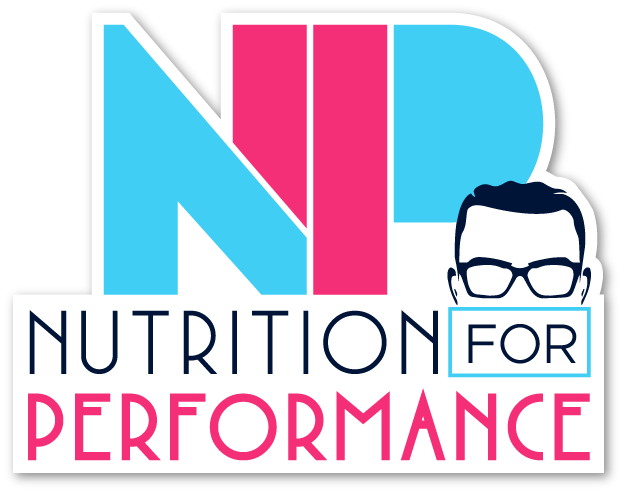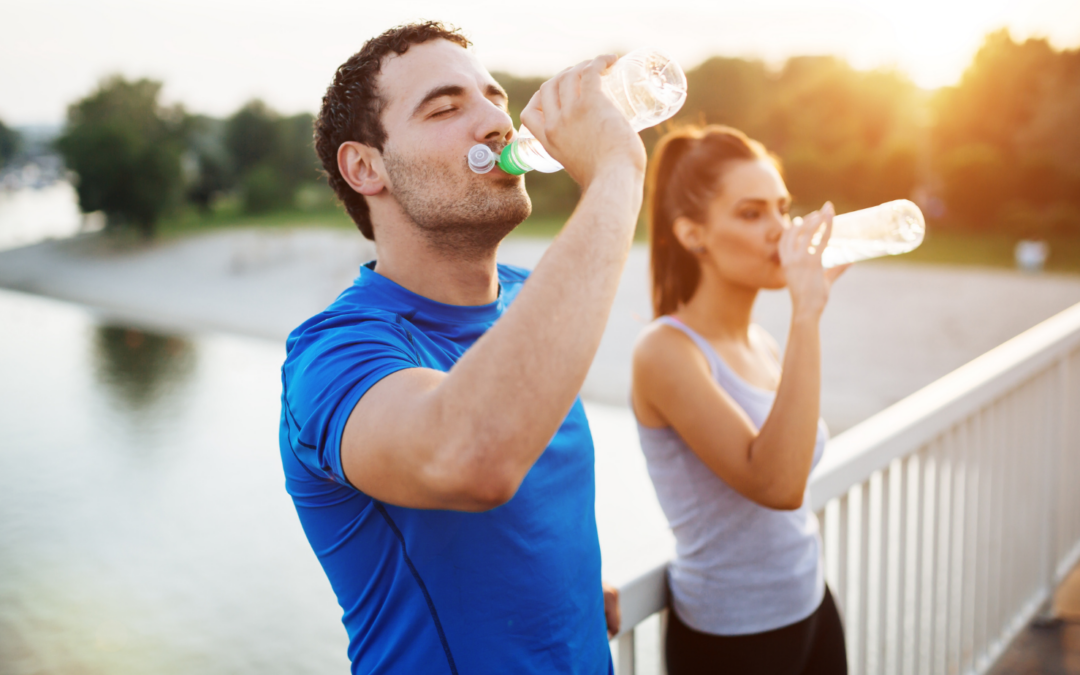Drinking enough water each day is crucial to our health for many reasons: To deliver nutrients to cells, keep organs functioning properly, and regulate body temperature… not to mention mood, sleep, and cognition. Experts recommend drinking roughly 11-15 cups of water a day, including water intake from fruits or vegetables, tea, or coffee.
A recent study by the CDC shows that half of Americans are not drinking enough water, “… 43% of adults drink less than four cups of water a day. That includes 36% who drink one to three cups, and 7% who drink none. Although the CDC does not say how much water is ‘enough,’ because our needs vary, less than four 8-ounce cups usually falls short.”
While our need for water intake may seem “obvious” to some, the numbers don’t lie. Almost half of America is dehydrated. But we need water for all of our physical and cognitive functions, including digestion, immune response, memory, and so much more.
If that doesn’t convince you to drink up, let me share more insight with you on what makes hydration important.
Why is Hydration Important?
There are multitudes of reasons to stay hydrated, starting with your athletic performance, cognitive function, and overall health. Our bodies are made of up 60% of water, and require a consistent intake to do just about everything.
Our bodies’ need for water often gets replaced by sugary drinks, preserved foods, or fruit juices, that may be getting you by, but don’t truly meet your needs. One common problem is people eating when they’re dehydrated instead of drinking. This often results in unregulated and undesired weight gain.
If you haven’t stopped to consider why you should increase your water intake, here are a few reasons to con
1. Water is Necessary for Digestion and Excretion
Without water, our body wouldn’t be able to complete many of our daily functions. This includes creating saliva, sweating, urinating, defecation, and digestion. Without these functions, our bodies would naturally hold onto weight and toxins we need to release.
These functions regulate our weight, distribute nutrients throughout the body, keep our kidneys healthy, and keep us from being constipated. In order to maintain a healthy weight, water consumption is one of the most crucial elements to consider.
2. It Improves Your Mood, Energy, and Cognitive Function
You may have experienced fatigue or irritation—and not realized that dehydration was the real culprit. But mood irregularities happen during hydration. This can also have an impact on your energy, concentration, and memory.
Water is necessary to activate your metabolism, which regulates your energy. Without this, your cognitive function will be reduced, your mood will be low, and your ability to perform will be jeopardized.
3. It Enhances Your Physical Performance
Whether or not you’re an athlete or care to hit the gym, water is necessary for your physical performance. While water intake is even higher for active individuals, it is equally as important for sedentary or low-activity individuals. Water is crucial for even just minimal daily movement, such as walking, running, or lifting objects.
Water provides the necessary nutrients to your tissue to protect your spinal cord and joints. Without this tissue, you may experience reduced mobility or even pain with simple movements. Water is also a necessary component to your endurance, as well as regulating your body temperature.
Signs You’re Dehydrated
We have a lack of education that contributes to this pandemic of dehydration. Most people don’t know they don’t consume enough water, that all liquid doesn’t contribute to their hydration, or that they’re actually thirsty when they think they’re hungry.
The first step to consuming more water is to identify when you’re feeling dehydrated. Here are some of the main symptoms of dehydration.
1. Dry Mouth
A dry mouth is one of the most notable signs of dehydration. If your mouth is feeling dry or not producing enough saliva, odds are, you’re dehydrated. Luckily, this is an early symptom and a quick fix that a little glass of water can handle.
2. Fatigue or Irritation
If you’re feeling fatigued or irritated, it can be a number of things. However, if you’ve slept well, eaten, and still feel depleted, you’re probably dehydrated. This may require you to take a break from whatever activity you’re doing and drink a few glasses of water, but you should feel good as new once you’ve taken the necessary precautions.
3. Headache or Migraine
Unfortunately, when you don’t address your dehydration, it can cause headaches and migraines. If you aren’t prone to either and it seems sudden, it’s likely due to dehydration. This symptom may take longer to dissipate than others, but the more water you drink, the sooner it should go away.
4. Dry Skin or Loss of Elasticity
This symptom tends to present itself after a long period of time of dehydration. If your skin is cracking, peeling, scaly, or just dry, it’s probably dehydration. One simple trick is to pinch a piece of skin on your hand together and see if it sticks. If it bounces right back, you’re probably pretty hydrated. If it sticks or hesitates to go back to its place for a moment, you should drink up.
5. Muscle Cramps
An unfortunate and common sign of dehydration is muscle cramps or spasms. If your muscles are irregularly in pain or spasming, you’re likely very dehydrated. You might also lack electrolytes at this point. Many people opt to drink sports drinks, Pedialyte, or coconut water to recover quickly—but don’t forget that you need good old water too!
The Bottom Line
Staying hydrated is vital to your overall health and wellness. Without water, our bodies can’t achieve their daily tasks or function properly. In order to stay productive, active, and energetic, monitor your body’s daily liquid intake to ensure you get enough.
Here are some ideas to ensure you stay hydrated:
- Carry a water bottle with you. This way you always have water on you when you leave the house.
- Keep a water log of your intake. Keeping track is a great way to ensure you drink enough water. You can also purchase water bottles or use apps that measure your intake for you.
- Set an hourly goal. Having a goal will keep you conscious about your consumption and keep you hydrated throughout the day.
With these tips in mind, I hope you experience your best hydration yet!
If you’re looking for an expert to assess your goals and nutrition needs, you can contact me to apply for coaching!
Further reading: Is Your Fear of Fats and Carbs Keeping You From Reaching Your Fitness Goals?: Four Limiting Beliefs About Diet



